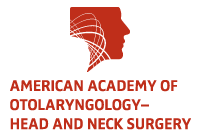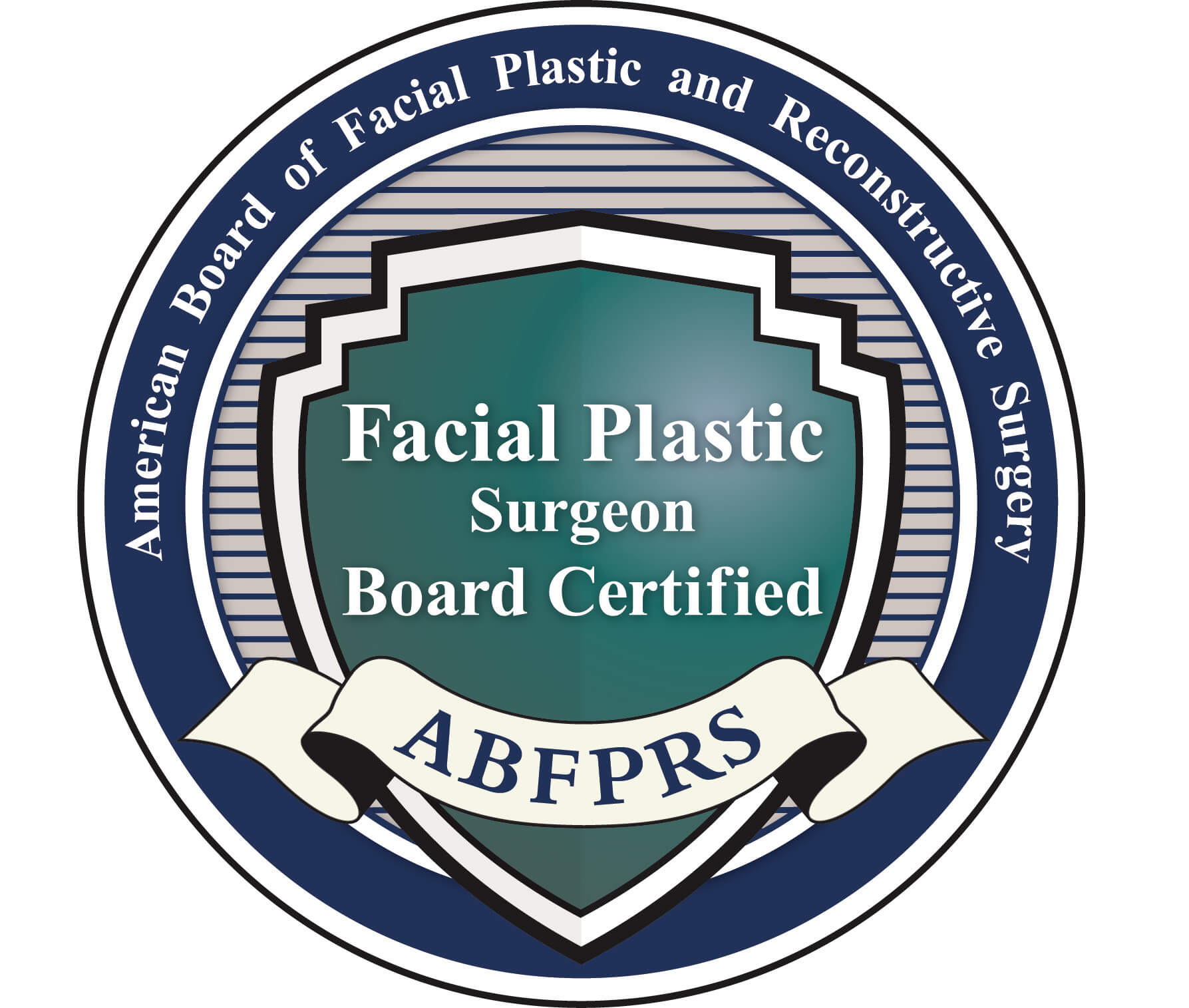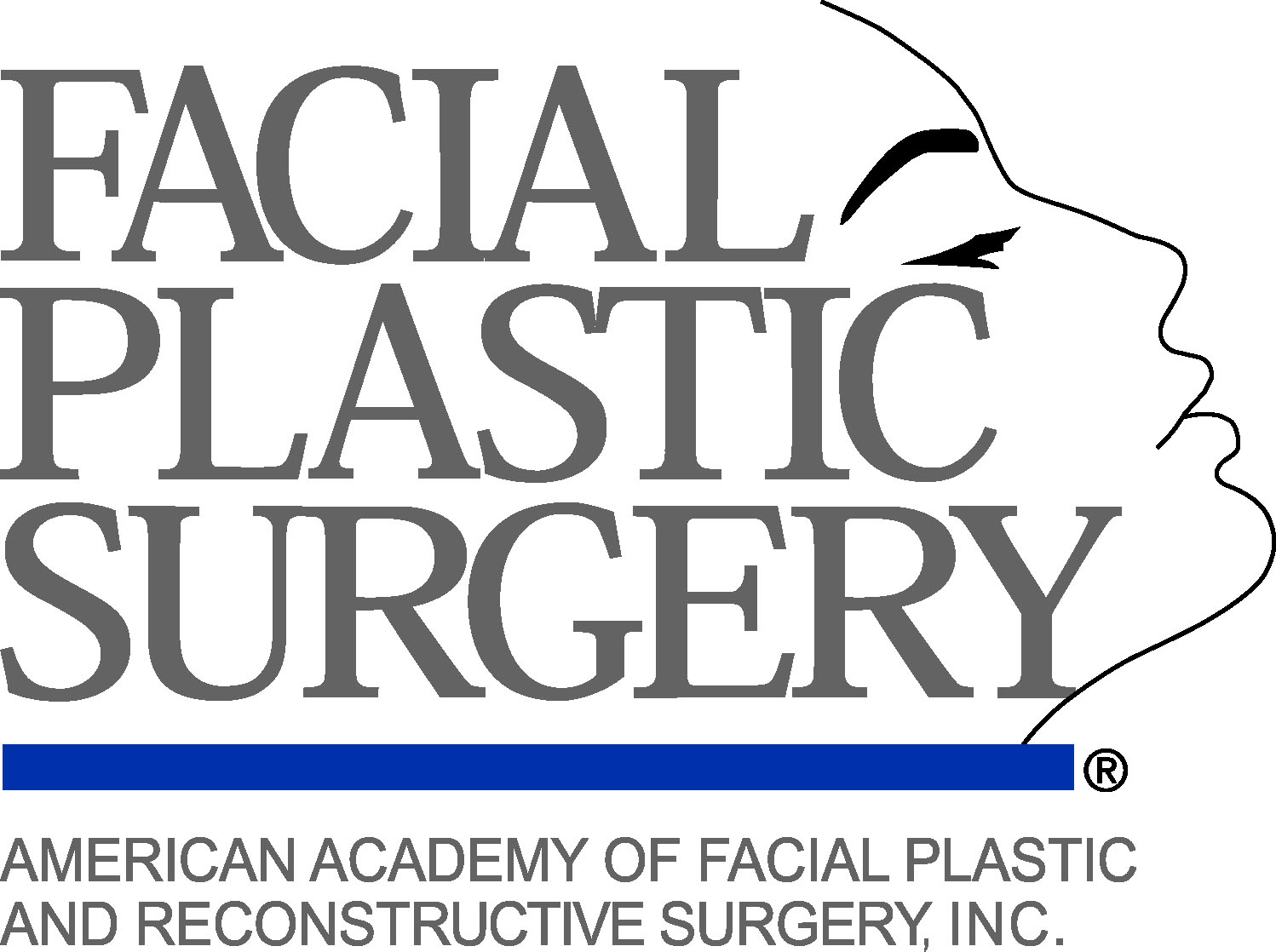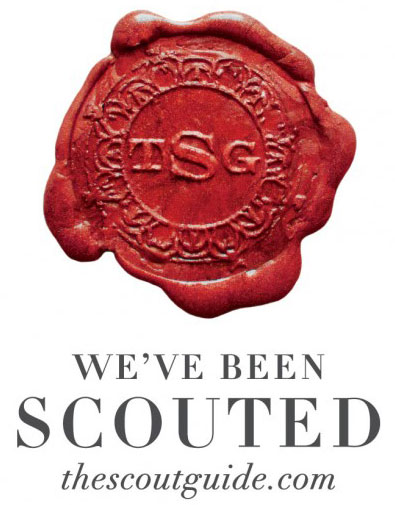Wound Care
- The day after your surgery you will clean the incisions twice daily lightly with peroxide to help remove crusting. This can be discontinued the third day after surgery (i.e. only clean the incisions for two days)
- Do not pick at any incisions as this can cause bleeding and inadvertently loosen the fine stitches
- Do not allow pets to touch incisions. Wash your hands well before touching the incisions yourself. This helps avoid infection.
- Keep your nasal cast dry until it is removed at one week
- If nasal surgery is performed, apply antibiotic ointment on the external incisions and inside the nostrils with a Q-tip twice daily. Use saline rinses several times per day for the first two weeks
- Intra-nasal mucosa is commonly swollen after surgery which can make it difficult to breathe through the nose. This is particularly troublesome as you sleep. Therefore, you can use the decongestant nasal spray Afrin in the nose, 2 puffs to bilateral nasal cavities, only at night. This can be started on the second post-operative night and can only be continued for three nights maximum. This may help with breathing while you sleep.
- Facelift and liposuction patients are asked to wear a chin strap continuously (except for brief periods during eating, showering, socialization) during the first two weeks and then nightly the second two weeks. The chin strap helps with the swelling and helps the tissue heal under less tension
- If eyelid surgery was performed, use preservative free artificial tears every hour for the first week or until your eyes feel naturally lubricated; an ointment should be used at bedtime for lubricating the eyes while you sleep
- All sutures, clips and casts will be removed during the first week
- Rhinoplasty patients are seen at 4-5 days after surgery for suture removal and then at 7 days for cast removal which is immediately replaced with tape.
- Face, neck, forehead, eye, ear and chin surgery patients are seen after 3-5 days and again at 7-8 days after surgery for suture removal and taping
- After suture/cast removal we will apply tape which helps with healing
- The tape should be worn continuously until two weeks after surgery
- After two weeks you will apply the tape as instructed only at night and during sleeping (i.e. you will not have to wear it in public after two weeks) for the third and fourth week after surgery
Medications
- Avoid any blood thinners for two weeks prior to and after surgery, see attached list of medications and supplements to avoid
- Take vitamin C 1000 mg three times per day for the two weeks before and after surgery
- Some patients also take Arnica or Bromelain for bruising which we leave up to you
Exercise, activity, & restrictions
- Only light walking is allowed the first 3-4 days after surgery
- It is best to sleep on several pillows to help gravity improve the swelling. You should sleep on your back and avoid rolling on your sides which may cause excess swelling or bruising on the side that is being compressed
- After 4 days you can begin with nothing more than a leisurely stroll. You must avoid lifting greater than 10 lbs and bending at the waist.
- After 4 weeks you can begin light exercise and lifting up to 15 lbs.
- After 6 weeks you can resume lifting heavy weights and any aerobic exercises
- Sexual activity can resume after 2-3 weeks
- Rhinoplasty patients must not blow their nose and must sneeze with their mouth open for the first two weeks. The high velocity air can cause a nose bleed
Makeup & skin care
- Light makeup and moisturizer can be applied after 1 week
- Full makeup can resume at 2 weeks
- There is special makeup to camouflage bruising and scarring during the healing process, inquire if you are interested
- Wait 2 weeks before resuming retinoid/retinol products
Hair dying
- If any incisions are in the hairline (as in forehead and facelift surgery), no dye can be used until 5-6 weeks after surgery
- If there are no hairline incisions, you can dye at 2 weeks after surgery
Travel
- Refrain from air travel for 7 days after surgery
- You can be driven home the day after surgery
Non-local patients
- You can return to your home by car the day after surgery
- You cannot fly for 7 days
- You will need to be seen multiple times during the first week for suture removal, so plan accordingly based on your location
- Rhinoplasty patients are seen at 3-5 days after surgery for suture removal and then at the week mark for cast removal which is immediately replaced with tape. Afterwards you will be seen every couple of months during the first year.
- Face, neck, forehead, eye, ear and chin surgery patients are seen after 3-5 days and again at 7-8 days after surgery for suture removal and taping. We also will need to see you 2 weeks and 4-6 weeks after surgery to make sure healing is progressing as desired.
Driving
- You can drive after one week
- You may not drive if you are still taking any prescription narcotics
Bruising & swelling
- Bruising is generally gone by 2 weeks but can take up to 3 weeks
- Swelling is variable depending on the procedure performed:
- Nasal Surgery ~80% is gone by 8 weeks
- Facial Surgery ~80% is gone by 4-6 weeks
Alcohol & Nicotine
- No alcohol for two weeks before and two weeks after the procedure. Alcohol can thin the blood causing more bruising and it promotes swelling
- No nicotine (cigar, cigarettes, e-cigarettes, nicotine gum/patch, vaporizer, etc) for 4 weeks prior to and 3 weeks after surgery. Nicotine impairs the blood supply to tissue and results in scarring and sometimes tissue necrosis
Wearing Glasses
- If a cast is in place on the nose, it is ok to wear the glasses; once the cast is removed, the underlying nasal bones are no longer protected so we ask that you either refrain from glasses for 5 weeks or tape them to your forehead
- If facelift surgery is performed, the glasses may rub on the incisions behind the ear, especially if they are excessively tight. It is best to avoid them or tape them to your forehead or wear them higher on the sides of your head for the first 5 weeks
- If any eyelid surgery is performed, it is ok to start using contact lenses after the first week. You must be very careful during insertion and removal to not cause excessive trauma to the incision lines
Showering
- No bathing/swimming/soaking the incisions for 4 weeks as soaking the incisions can impair healing
- You can shower two days after surgery; the first two days after surgery we want you to keep the incisions dry except for the twice daily peroxide cleanings and the antibiotic ointment
- If forehead or facelift surgery is performed, use baby shampoo for the first week. Note that it may take 3-4 shampoos before the water runs clear. You can switch to your normal shampoo after one week
- Do not use conditioner for the first two weeks after surgery
- If there is a nasal cast in place, keep it dry so it doesn’t fall off too early
- Do not pick at any crusts or sutures. Do not scrub incisions. Be delicate.
- For the first week, wash your face with an antibacterial soap like Dial
- After the first week, use a mild skin cleanser without fragrances like Cetaphil or Neutrogena for the face. Again, be delicate while cleaning
Shaving
- If facelift surgery is performed, no shaving until one week after surgery.
- The natural hair growth will likely make taping the incisions difficult, but do your best
- Once shaving is resumed, be very careful around the delicate incisions
- Some find it easier to use an electric shaver
Returning to Work
- No lifting greater than 10-15 lbs for the first month, no excessive bending over or stooping for the first month
- Most patients wait 2 weeks to return to work at which time you will no longer wear tape during the day and the bruising will be mostly resolved



